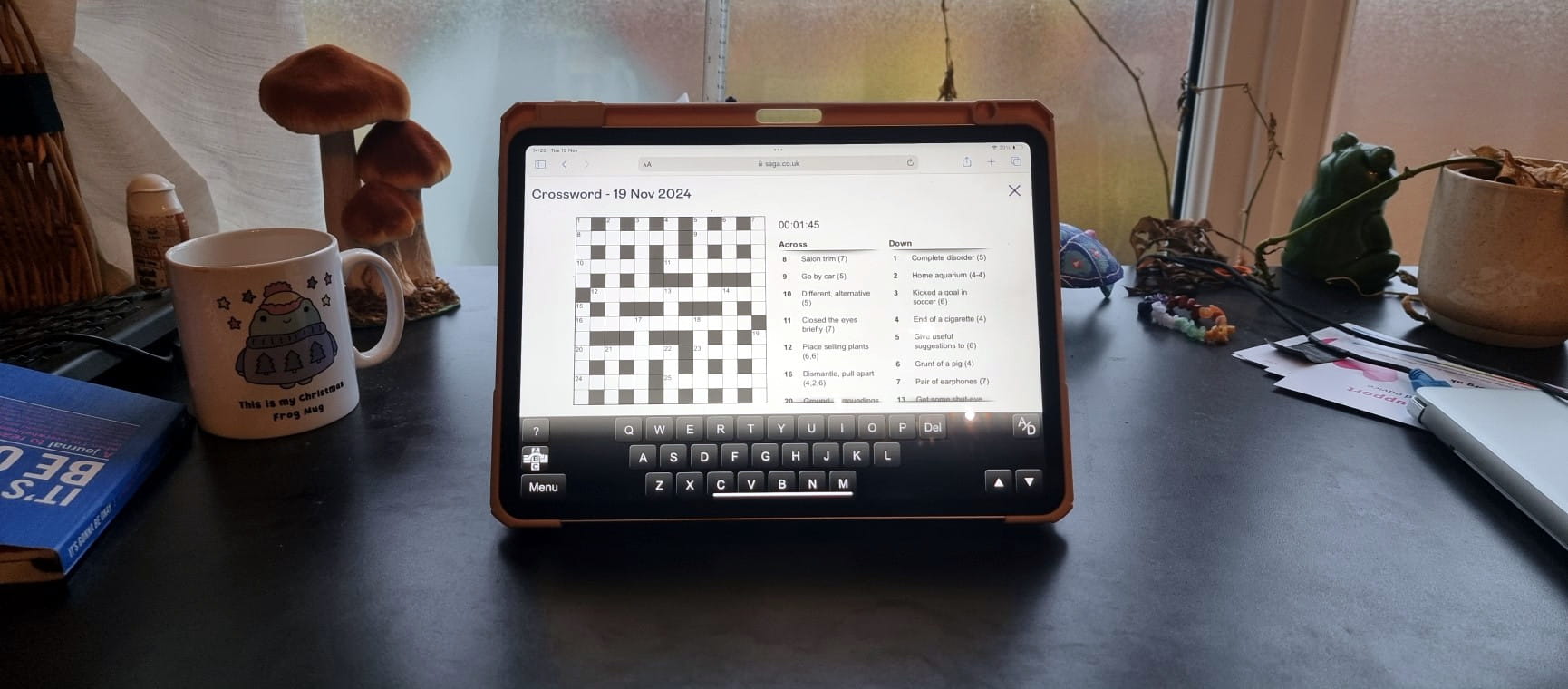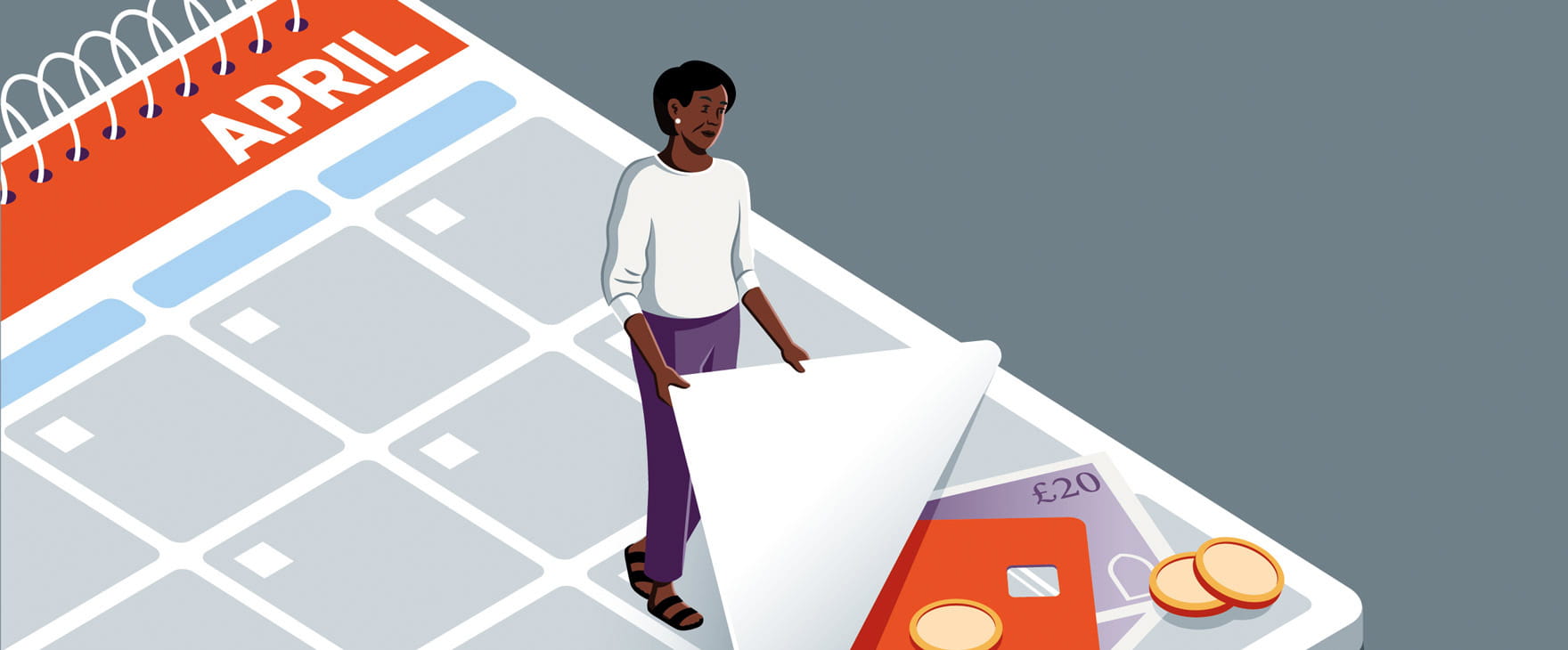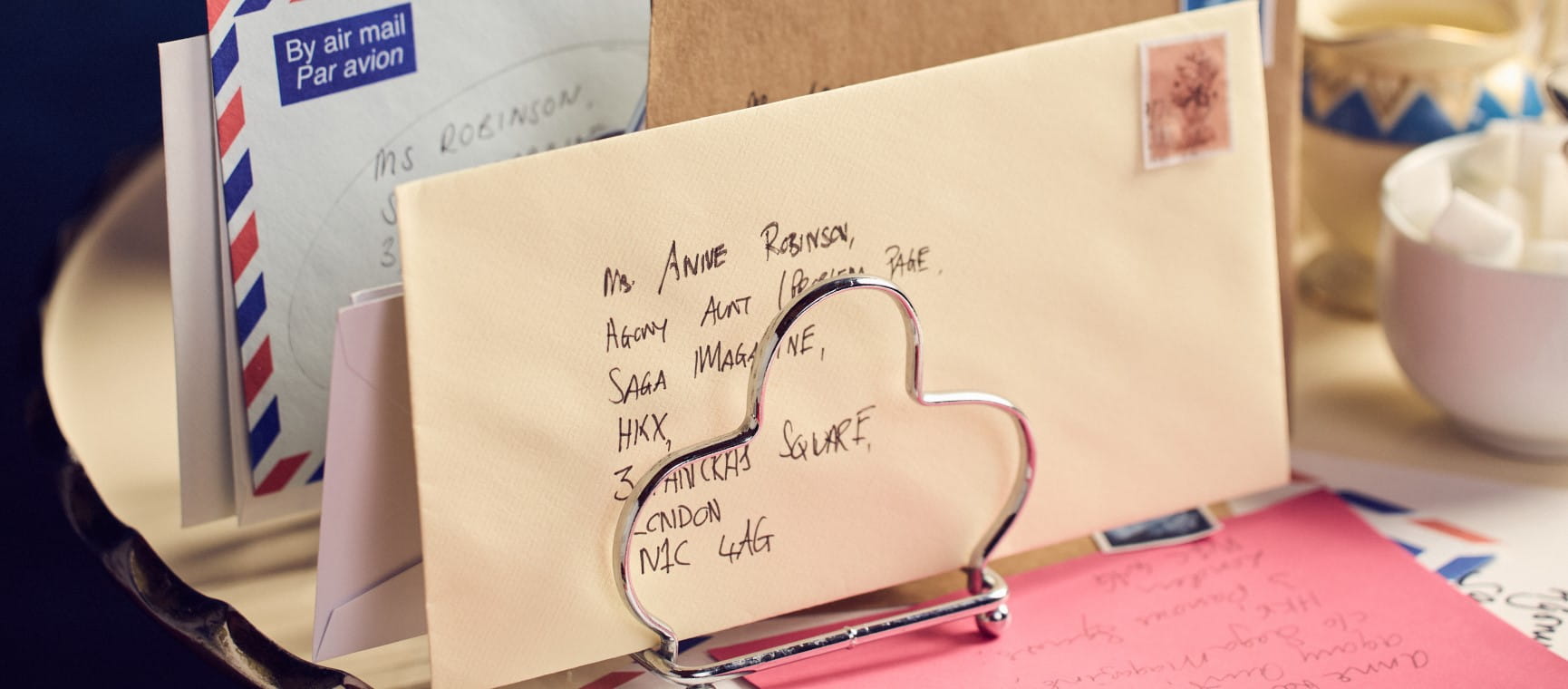Paul Lewis: tax increases on second homes
You could now be charged more than double the council tax on a second home. Our expert on the taxes you face and ways to cut costs.

You could now be charged more than double the council tax on a second home. Our expert on the taxes you face and ways to cut costs.

There are nearly 600,000 second homes in England and, since April, councils have had the power to charge their owners double council tax. Councils in Scotland were given the same power a year ago and in some parts of Wales, councils charge two-and-a-half times the normal tax. That can leave some with an enormous council tax bill.
Even if a second-home owner sells, their tax troubles may not be over – they could be liable for Capital Gains Tax on the growth in the value of their home since it was bought or inherited.
People living in attractive areas of Britain often resent second-home owners. They say they push up house prices beyond the reach of local people. And because their homes are empty most of the time, bring little business to shops, pubs and restaurants. That is why many councils in popular destinations have quickly made use of their powers to double the council tax on homes not lived in all year round.
The premium is charged on a ‘substantially furnished’ home, which is ‘occupied periodically’. And it is not just holiday hotspots where this new 100% premium is being imposed. An estimated three out of four English councils have started charging it, especially in areas where there is a housing shortage.
One possible way to avoid the tax is to let the property for much of the year. The rules are complex and different in England, Scotland, Wales and Northern Ireland. If you think your holiday letting is a business, you can register it with the Valuation Office for business rates, in which case no council tax is due, and concessions mean the business rates may be zero.
Income tax will be due on profits. The rules are different for income tax, council tax and business rates so you should check carefully and get expert professional advice if you want to go down this route.

The council tax premium can seem particularly harsh when a family home is inherited and the heirs want to keep it available for different members of the family to stay in. When the owner dies and the home is left empty, the premium should not apply while probate is being granted and for 12 months afterwards.
There is also a potential 12-month exemption for any home being actively marketed for sale or to let – just putting a ‘For Sale’ sign at the front will not be enough. If the home is being refurbished, some councils may waive the charge for a month or more. But eventually an inherited home that is kept and is not a main residence will usually face double council tax.
Selling a second home can bring its own tax problems as Capital Gains Tax (CGT) may be due. It can be a complicated tax, especially if a home has been partly used as a main residence and partly as a second home.
A main residence is always exempt from CGT when it is sold, but it will usually apply to a second home. If you are married or civil partnered, you can only have one main residence. A couple without that tie can each have a main residence, which could mean the property you sell is free of CGT if deemed the main residence of one partner.
CGT is charged on the gain in the value of a dwelling that is not a main residence. You start by deducting the price paid from the price it is sold for. If it is inherited, the sold price is the value when you inherited it. From the difference between the two prices, you can deduct £3,000, which is not taxable.
Then you should deduct all costs associated with the purchase or sale of the property – such as the fees of solicitors and agents – but not generally removal costs. You can also deduct the cost of any works that improve the property, such as a new bathroom, kitchen, extension or conversion. You cannot deduct routine maintenance costs like decorating or repairs. The tax gets complicated if you have lived in both homes as your main residence.
There is a window of two years after acquiring a second home to deem which of the properties is your main residence, otherwise HMRC decides based on the facts, including how long you spend in each and the address you use for correspondence. After that, apportion the time in the home you are selling between the days it was your main residence – tax is not due on them – and the days it was not.
Work out the total days you owned the home up to the date of completion. Work out how many of those days it was your main residence. Add on the last nine months before the sale – they always count as main residence. Divide the remaining non-main residence days by the total days.
Multiply that by the net gain on the home sold. That sum is liable for CGT. Add it to your taxable income and the tax is 18% on any portion below £50,270, and 24% on the portion above that. Couples may be able to split the gain.
CGT is not a devolved tax, so the calculation is the same in Scotland. The above is only a rough guide to highly complex calculations.
There can be huge financial consequences if you get them wrong, so it is essential to seek professional advice. You must report and pay any CGT owed within 60 days of the sale through an online gateway on gov.uk.
It’s a good idea to get the calculation of ownership, deductions and apportionment sorted beforehand so the final figure for the sale price can just be slotted into the sums.
Paul Lewis is a prize-winning financial journalist and presenter of Money Box on Radio 4. He also writes extensively on personal finance and money matters for Saga Magazine, the Financial Times, Money Marketing and a wide variety of other publications.
Paul is the author of numerous books including Beat the Bank, Pay Less Tax and Money Magic. He has won a lifetime achievement award from the Association of British Insurers, and been named Consumer Pension and Investment Journalist of the Year.
View author page

Whether you're looking for straightforward insurance or cover that's packed with extras, our home insurance has plenty of options for people over 50.

The ultimate guide to Saga Puzzles, full of technical tips, tricks and hints.

With the start of the new financial year on 6 April, our money expert explains the changes to your pension, benefits and taxes.







For a limited time, enjoy 3 issues of Saga Magazine for just £1. Receive the next 3 print editions delivered direct to your door, plus 3 months’ unlimited access to the Saga Magazine app—perfect for reading on the go.
Don’t miss your chance to experience award-winning content at an exceptional price.